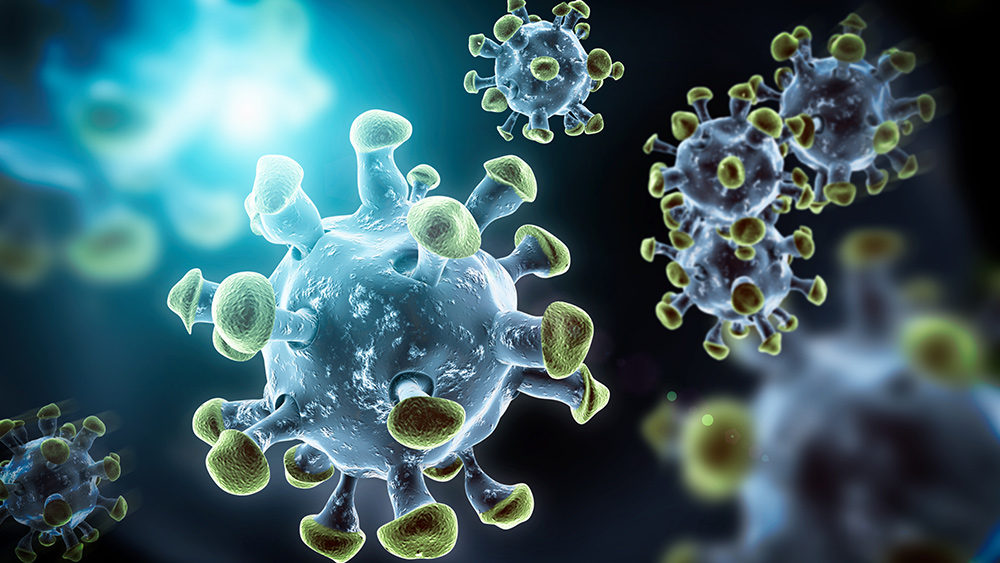Positive outcomes on gut motility after Melissa officinalis extract treatment
04/23/2020 / By Evangelyn Rodriguez

French researchers characterized a leaf extract obtained from Melissa officinalis and assessed its basal and spasmolytic properties ex vivo. The results of their study were published in the Journal of Medicinal Food.
- M. officinalis, commonly known as lemon balm, has been used for decades in the management of symptoms of digestive disorders.
- However, very little is known about how it affects the gastrointestinal (GI) tract.
- To address this, the researchers obtained a hydroethanolic leaf extract (HLE) from M. officinalis and tested it on different segments of the GI tract of mice.
- They also analyzed the phytochemical content of the HLE.
- The researchers reported that the HLE had site- and dose-dependent effects on the contractile activity of the GT tract.
- Specifically, the HLE influenced the motility response in the jejunum and the ileum but not in the antrum and colon.
- Chemical analysis of the HLE suggests that these observed effects may be due to certain phenolic compounds, mainly rosmarinic acid.
Based on these findings, the researchers concluded that, besides its anti-inflammatory, antinociceptive and prosecretory activities, M. officinalis also has spasmolytic properties that helps relieve symptoms of digestive disorders.
Read the full study at this link.
Journal Reference:
Aubert P, Guinobert I, Blondeau C, Bardot V, Ripoche I, Chalard P, Neunlist M. BASAL AND SPASMOLYTIC EFFECTS OF A HYDROETHANOLIC LEAF EXTRACT OF MELISSA OFFICINALIS L. ON INTESTINAL MOTILITY: AN EX VIVO STUDY. Journal of Medicinal Food. 10 July 2019;22(7):653–662. DOI: 10.1089/jmf.2018.0154
Tagged Under: alternative medicine, digestive disorders, digestive health, food cures, food is medicine, functional food, herbal medicine, Herbs, Lemon Balm, natural cures, natural medicine, phytonutrients, remedies, research, Rosmarinic acid, spasmolytic


















